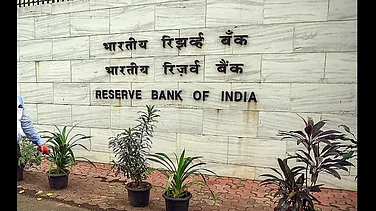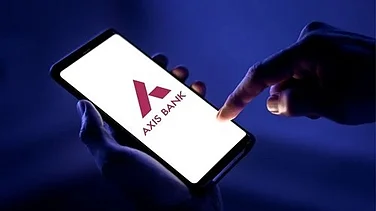Of late, several players in the world of credit aggregators have been offering a free credit score to consumers. While thousands end up buying such ‘free’ credit scores, are they aware of its credibility? Are these credit scores really ‘free’? Hrushikesh Mehta, Country Manager, India, ClearScore, in a conversation with Himali Patel tries to answer this very question.
1. What is the role of credit aggregators and marketplaces in India?
I think it would be useful to get a sense of the landscape first. India has credit rating agencies, credit bureaus, loan aggregators and credit marketplaces. Credit rating usually involves elements of qualitative and quantitative input and is provided for corporations and MSMEs. Credit scores and reports are provided by the bureaus to banks and fintechs to facilitate loan evaluation in a purely data driven and quantitative fashion.
Loan aggregators provide consumers with a list of credit products available in the market. These offers are usually not based eligibility criteria based on a credit score and report and hence make getting a credit product less likely. Finally, credit marketplaces provide consumers the ability to compare, evaluate and apply for the different credit products available in the market considering their eligibility based on a credit score and report. This provides consumers with a clear sense of whether they will get a loan, from which lender and for how much.
Till 2017, consumers approached credit bureaus to check their credit score followed by aggregators for a market research and then finally apply for a loan. Revealing credit score from credit bureaus will chargeable two years’ back.
This has changed now with marketplaces providing free credit score. The act was facilitated by requesting consumer consent to receive their credit score from the credit bureau. This turned out to be highly popular and customers became much more aware of credit scores.
2. Bureaus and partner banks, financial institutions also offer free score. Is the ‘free’ factor a big pull factor?
There are a number of players offering a free credit score. For a market of our size this is a good thing given how expensive it is to educate people about credit scores. While the credit score is offered in a number of places it is not completely free and forever by all players. For example:
a. Credit bureaus: They will provide one free credit score and report annually. All other services are paid for.
b. Lending institutions: Some provide it free at varying intervals, others provide it on a paid for basis in association with a credit bureau
c. Aggregators and marketplaces: Some provide the score and report for free on a monthly basis. However, if a consumer wants to understand their report or seek advice, charges are levied. Basically, the service is not completely free even if it is marketed as such.
3. There’s lot of talk around using social media analytics. In fact some players are using social media data in building credit score. Would you consider using the same to make a more robust score?
Yes, while we are only beginning in India this will be something we will explore going forward. Credit data, while predictive, is one dimensional. Asset, insurance and utility information will help make more robust scores. Overall, we prefer to refrain from commenting on what other people are doing. That said, it is important to define what social media means.
Being able to build a credit score from using text message and email data is very different from being able to do the same thing from photo sharing, publishing and career building websites. From my understanding, the jury is still out in terms of whether data from the latter is effective in predicting payment behaviour.
4. Going forward, alternative data like utility bill payment history would be implemented. What are your thoughts on the same?
The simple underlying principle in credit scoring is that the more data you have, the more predictive a credit score you can create. The Public Credit Registry and NBFC aggregator envisioned by the authorities are great initiatives to facilitate open banking in the future. However, all this has to be seen the context of data privacy. When consumers trust us with access to data like this we must reward that trust with transparency, prudence and control. This means:
a. Being transparent to a consumer in how their data will be used
b. Not creating an intrusive product that bombards the consumer with unsolicited calls the minute they submit their data online
c. Providing control to the consumer to prevent use of their data
d. Giving control to a consumer to delete their data if they no longer want your service. Only then will we be able to create a healthy ecosystem that fosters innovative consumer products and services.































